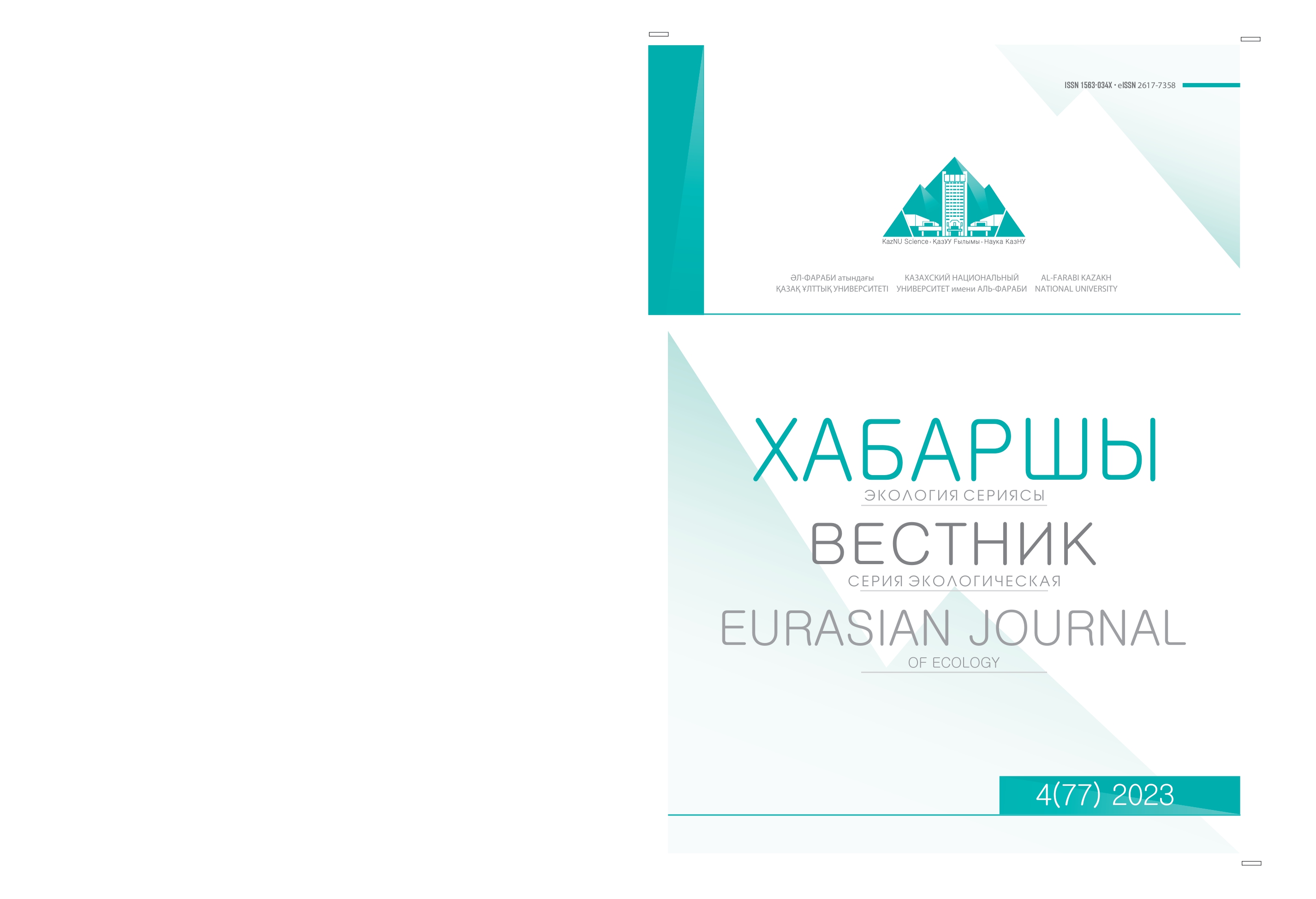ISOLATION AND IDENTIFICATION OF COAL ACCLIMATED MICROORGANISMS FROM THE ACTIVATED SLUDGE
DOI:
https://doi.org/10.26577/EJE.2023.v77.i4.09Abstract
Today, Kazakhstan is among the top ten countries in the world in terms of coal production, which is estimated at 38 billion tons. The processing of low-quality coal is a hot topic that requires careful scientific research, since it is one of the main energy carriers of organic origin and is now considered a promising source of raw materials for value-added products, like biofuels or biofertilizers. To increase the bioavailability of coal, various approaches are used, including pre-treatment of coal with exogenous microorganisms. This article demonstrates a method for acclimatizing bacteria from activated sludge, which can then be used for a community of microorganisms as a pre-treatment of coal to improve its bioavailability. Microorganisms adapted to coal were isolated and identified based on the analysis of the 16S rRNA gene, which showed belonging to Enterobacter bugandensis 247, Lysinibacillus macroides LMG 18474, Acinetobacter pittii DSM 21653, Achromobacter insolitus LMG 6003, Achromobacter denitrificans NBRC 15125 strains. Microorganisms actively grew in synthetic cultural media E8, where the only source of carbon was coal. This indicated that acclimatization was successful and in the future, this method can be used for acclimatization of exogenous microbial communities.
Keywords: coal, bioavailability, bacteria, activated sludge, acclimatization, biodegradation, bioconversion.













